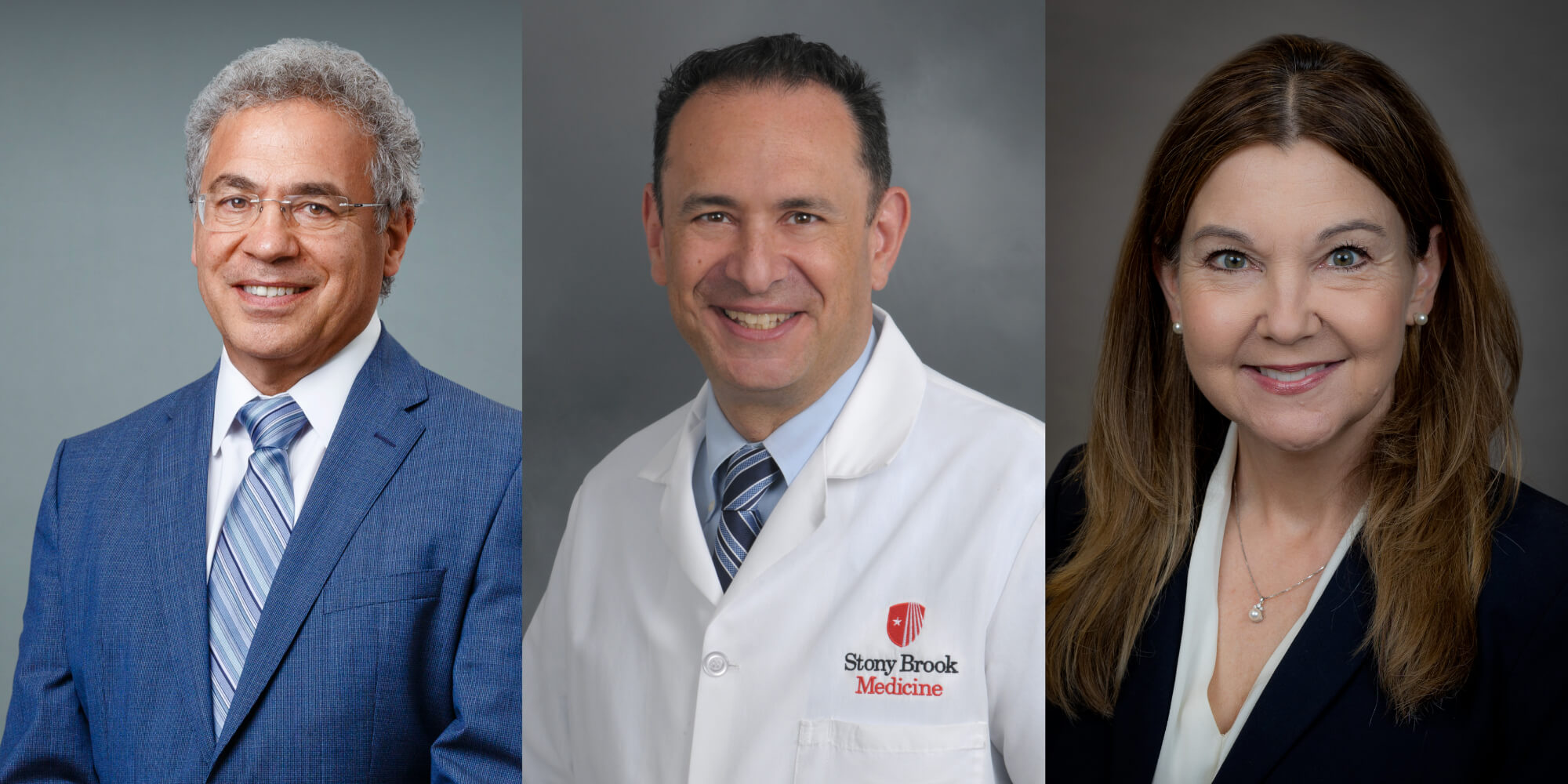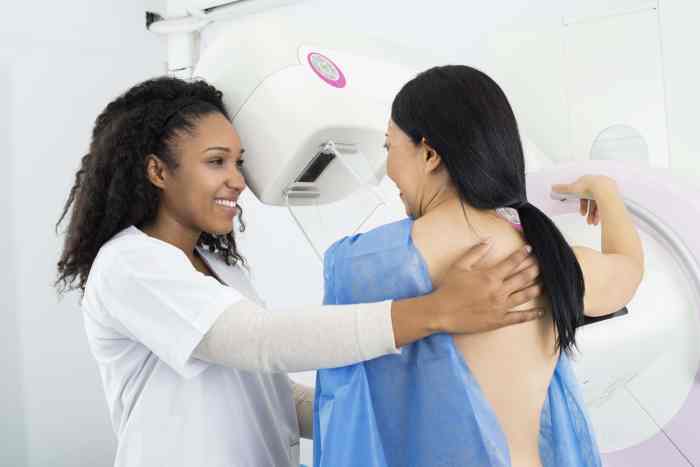Over the course of their lifetime, one in eight women will develop breast cancer, making it the second most common form of cancer among women in the United States (some kinds of skin cancer are the most common).
Certain factors increase a woman’s risk of developing breast cancer. While some of these risk factors, such as family history and age, are unmodifiable, many others can be controlled.
“Lifestyle choices have been shown to be important in the prevention of breast cancer,” said Dr. Susan Palleschi, director of breast surgery at Glen Cove Hospital in Glen Cove. Further, “for women who have been diagnosed with breast cancer, lifestyle choices may reduce the risk of breast cancer recurrence, improve quality of life and improve survival.”
Below are seven preventive steps you can take to lower your breast cancer risk.

Lowering Breast Cancer Risk
Maintain a healthy weight. “Being obese or overweight is a risk factor for cancer in general and breast cancer in particular,” said Dr. Jules Cohen, a medical oncologist at Stony Brook Cancer Center in Stony Brook. “Decreasing weight to a normal BMI (body mass index) is protective against breast cancer.” Greater lifetime exposure to estrogen elevates breast cancer risk, and “additional fat tissue increases the level of estrogen in the body, leading to an increased risk for breast cancer,” said Dr. Palleschi, who notes that after menopause, most estrogen comes from fat tissue.
Exercise regularly. Regular physical activity reduces the risk of breast cancer, especially in postmenopausal women, according to Dr. Palleschi. In addition to helping prevent weight gain, exercise has independently been shown to decrease risk, she added. The American Cancer Society recommends 150 to 300 minutes of moderate-intensity activity or 75 to 150 minutes of vigorous activity for adults each week. “Moderate-intensity activity can mean a brisk walk. Your heart rate’s up and you notice a little shortness of breath; you can talk but you probably can’t sing,” said Dr. Michael S. Buchholtz, a medical oncologist at NYU Langone Health’s Perlmutter Cancer Center in Huntington. “With vigorous activity, like running, you’re working up a sweat, your heart rate is high, and carrying on a conversation is challenging.”
Eat nutritious food. Data suggests that a diet high in fruits and vegetables and low in saturated fats, such as the fats found in red meat, is protective against breast cancer, Dr. Cohen said. In addition to going hand-in-hand with maintaining a healthy weight, “studies have shown that the women who ate the most fruits and vegetables had a decreased risk of breast cancer,” Dr. Palleschi said.
Limit alcohol use. “It’s very unpopular, but from a cancer standpoint, there is no good level of alcohol use,” Dr. Buchholtz said. The World Health Organization calls alcohol consumption one of “major modifiable risk factors” for breast cancer, and the risk goes up the more you drink. “According to the ACS, women who drink one alcoholic drink a day have a 7 to 10% increase in risk compared to women who do not drink alcohol,” Dr. Palleschi said. “Women who consume two to three drinks per day have a 20% higher risk.”
Don’t smoke. “Smoking definitely increases the risk of multiple cancers, including breast cancer,” Dr. Cohen said. Many resources are available to aid with smoking cessation.
Limit hormone replacement therapy (HRT). HRT after menopause is associated with increased breast cancer risk. Some women use HRT to treat common symptoms of menopause, such as hot flashes and vaginal dryness, but it’s best to avoid it if possible, Dr. Buchholtz said. “Discuss the risks and benefits with your doctor,” he said. “There are other medicines that treat hot flashes and nonhormonal interventions such as creams for vaginal dryness.” Women who do use HRT should minimize the dosage and duration as much as possible, Dr. Cohen said. “With discontinuation of HRT, the risk goes down within five years of stopping it, although the increased risk does not go away completely,” Dr. Palleschi said.
If at high risk, consider preventive medications. Certain antiestrogen drugs, including tamoxifen, raloxifene and aromatase inhibitors, have been shown to be effective at reducing the risk of breast cancer in women who are at high risk for developing the disease. Like many drugs, they have side effects, but “a lot of people tolerate them really well and get the benefit without significant side effects,” Dr. Cohen said. If you are at high risk for breast cancer, speak to your doctor about whether taking one of these preventive medications is advisable for you.


































